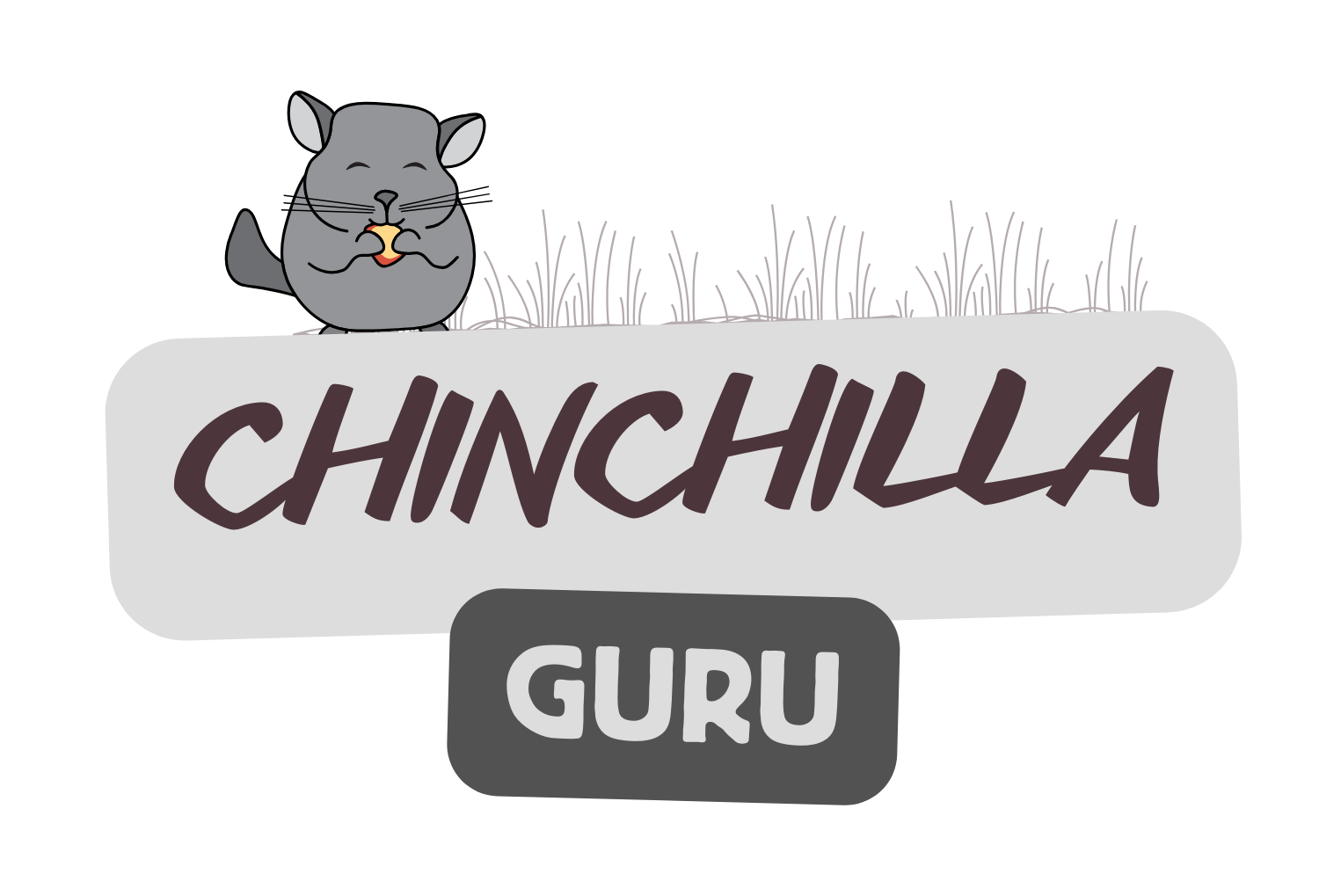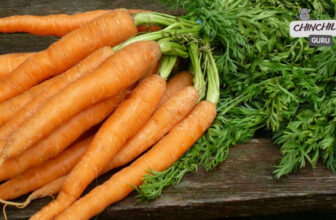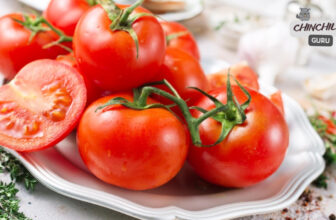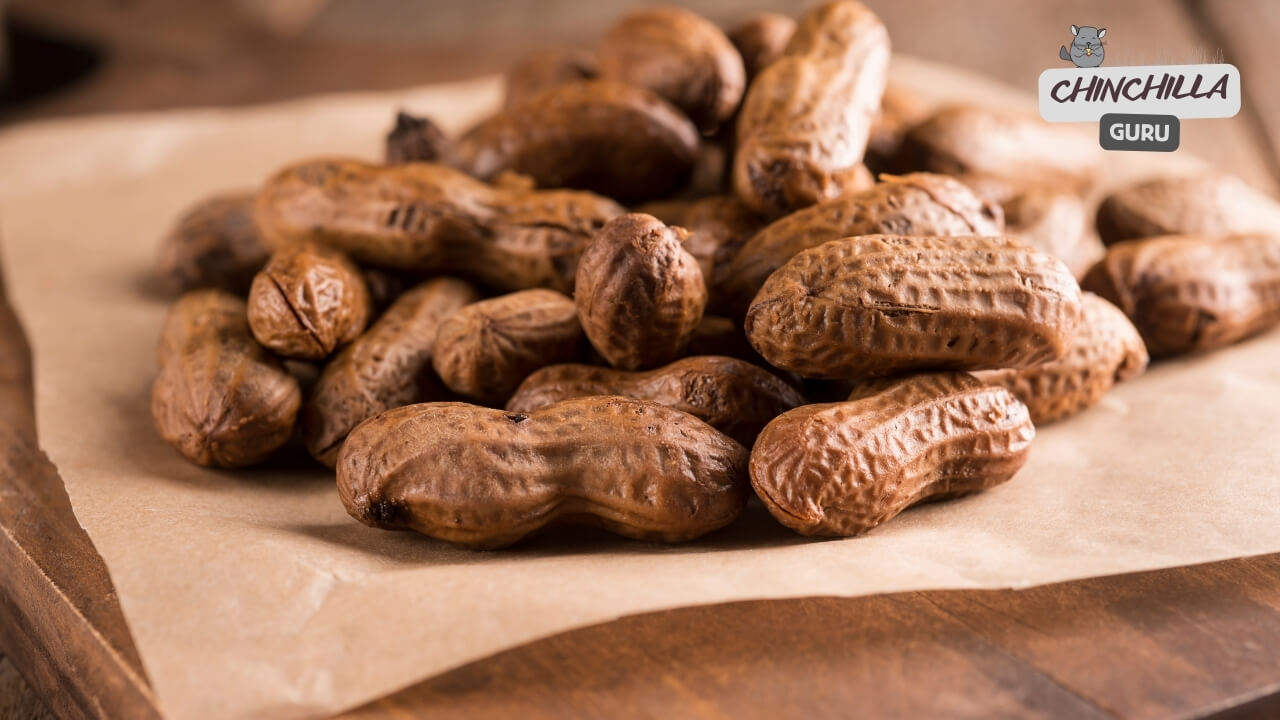
Can chinchillas eat peanuts? Many pet owners wonder whether peanuts are a suitable treat for chinchillas.
Outside in the wild, chinchillas eat grass, leaves, sticks, roots, and stems. Because they eat plants, their digestion systems are designed to handle plant-based foods.
In this article, I’ll delve into the nutritional aspects and potential risks associated with feeding peanuts to chinchillas.
Can Chinchillas Eat Peanuts?
Don’t feed your chinchilla peanuts. Even though peanuts look safe, they are full of nutrients that are bad for chinchillas’ health.
They won’t get sick from a few peanuts now and then, but you shouldn’t give them them all the time. To keep your hairy friends healthy, make sure they eat a variety of foods.
Two years ago, my wife accidentally gave Pixie and Trixie a small piece of plain peanut butter once I knew how they would react to different things.
After they ate, both chinchillas quickly showed signs of stomach pain. Trixie had some diarrhea, which meant their body wasn’t ready for peanuts.
Peanuts Nutrition Facts
The nutrition value for 100 grams of raw peanuts are:
| Calories | 567 |
| Water | 7% |
| Carbs | 16.1 grams |
| Protein | 25.8 grams |
| Fiber | 8.5 grams |
| Sugar | 4.7 grams |
| Fat | 49.2 grams |
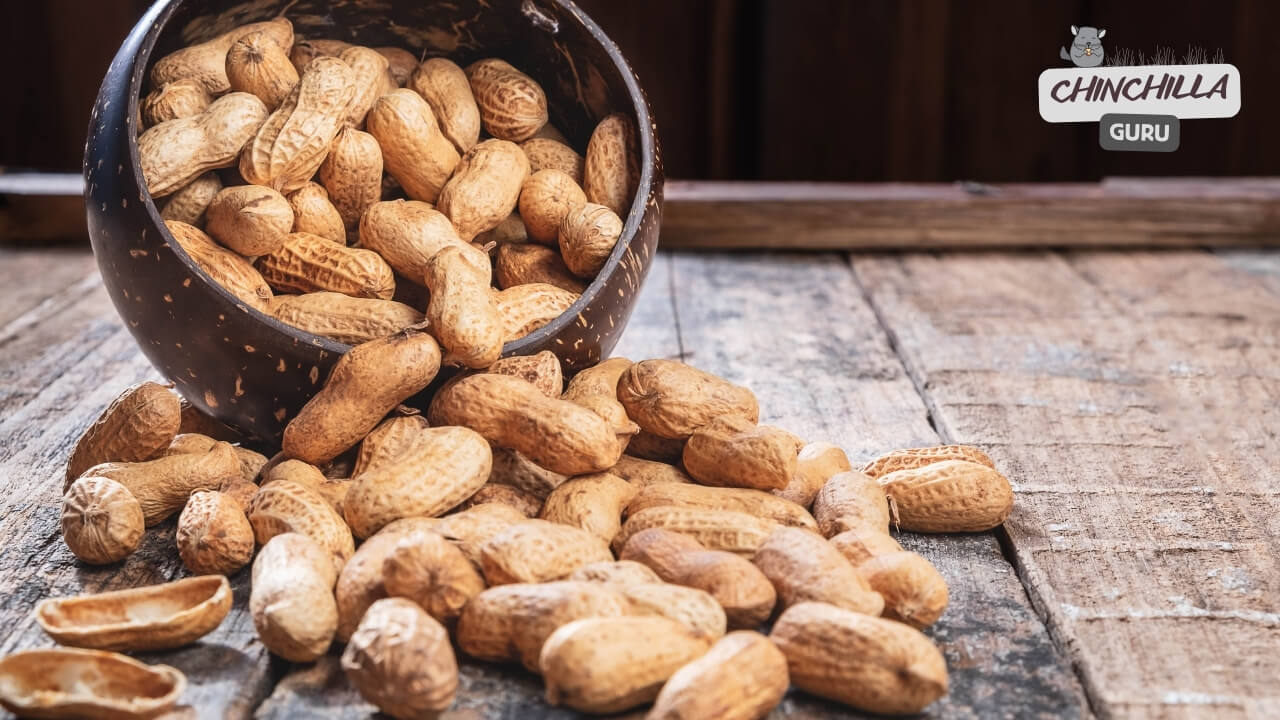
Risks and Adverse Reactions
If you feed peanuts to chinchillas, they might have several bad responses and health problems. You should be aware of the following risks:
- High-Fat Content: Peanuts have a high fat content material that can contribute to liver ailment in chinchillas. A weight loss plan rich in fats can motivate speedy weight advantage, leading to weight problems and other related health problems.
- Lack of Fiber: Chinchillas require a diet that is excessive in fiber. Peanuts, but, do not offer sufficient fiber, which is crucial for her digestive system. Insufficient fiber consumption can result in digestive troubles, diarrhea, and even constipation.
- Digestive Issues: Chinchillas have sensitive digestive structures, and peanuts can cause bloating and indigestion due to their low fiber content. Gas construction can be threatening to chinchillas and can cause excessive fitness headaches if not addressed right away.
- Calcium Imbalance: Peanuts do not comprise full-size quantities of calcium, which is essential for chinchillas’ bone fitness. Improper stability of calcium can result in diverse fitness problems, which include dental troubles and metabolic issues.
Considering these risks, it’s highly advocated not to include peanuts in your chinchillas’ everyday weight loss program.
The Recommended Diet for Chinchillas
To keep the health and well-being of your chinchillas, it’s crucial to offer them a balanced and appropriate food plan.
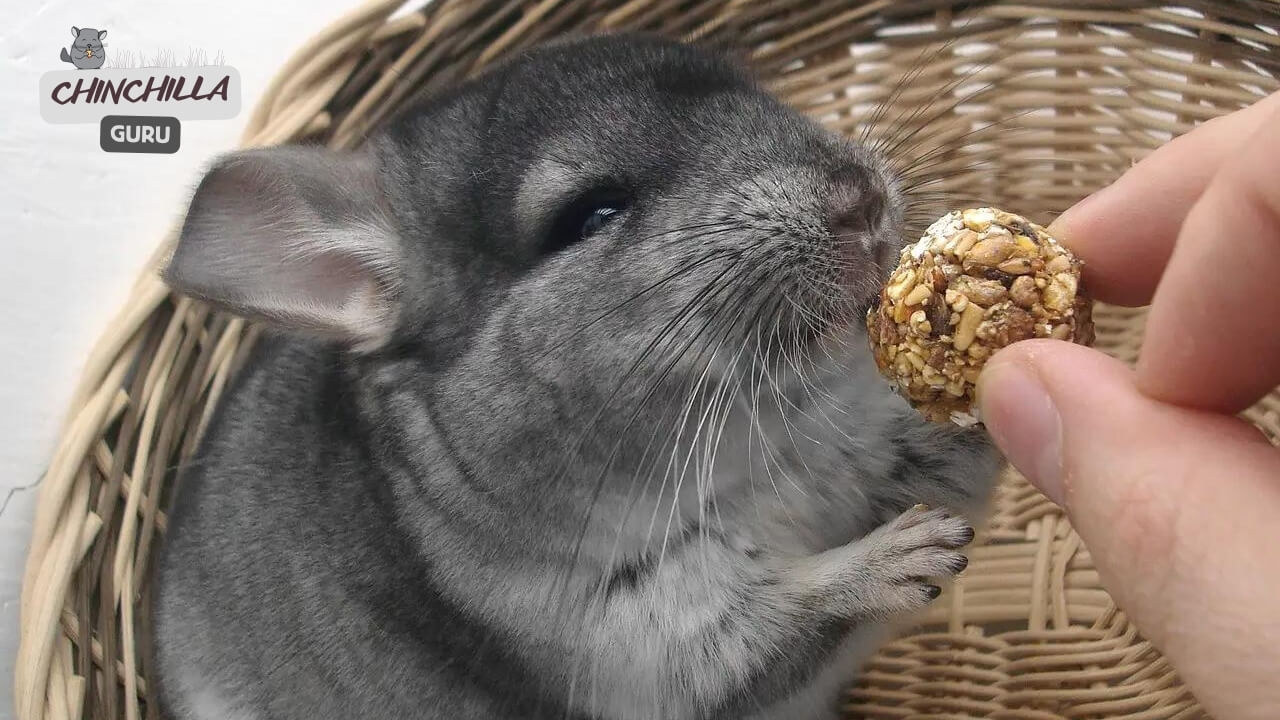
Here’s a breakdown of the important thing additives of a chinchilla’s diet:
- Hay: Hay must form the bulk of a chinchilla’s food plan. The best hay, consisting of timothy hay, must be to be had on your chinchillas always. Hay gives vital fiber, aids in digestion, and facilitates maintaining their enamel healthful and well-worn down.
- Chinchilla Pellets: Chinchilla pellets can function as a handy meal source; however, they have to be rationed. A healthy chinchilla calls for approximately a heaped tablespoon of pellets per day. Ensure you select superb chinchilla pellets that are low in fats and meet the nutritional desires of your pets.
- Fresh Vegetables: Leafy greens, consisting of kale and spinach, may be protected by your chinchillas’ eating regimen but sparsely. Offer a teaspoon-sized serving of sparkling veggies to your chinchillas some instances a week. Remember to introduce new foods step by step to avoid digestive troubles.
- Treats: While treats can be given as an occasional indulgence, it is important to choose them wisely. Some secure treats for chinchillas include dried rose hips and small quantities of dried culmination like raisins and dried cranberries. Always ensure that treats are low in sugar and do not include dangerous elements.
- Water: Clean, sparkling water needs to always be available in your chinchillas. Supply it in a drinking bottle and test the water levels often, preferably converting it each day.
Remember, a chinchilla’s food regimen needs to be low in fat and sugar, excessive in fiber, and nicely balanced to help their typical health.
Frequently Asked Questions (FAQs)
Are peanuts toxic to chinchillas?
Yes, peanuts can cause problems in chinchillas, such as weight issues, liver problems, digestive problems, and teeth problems. Never feed your chinchilla peanuts if you care about its health.
What kind of nuts can chinchillas eat?
In most cases, chinchillas shouldn’t be given nuts because they tend to gain weight. Effective weight loss strategies do exist. You may safely feed chinchillas these snacks, hay, and food.
What foods can chinchilla not have?
A chinchilla’s diet should not include avocados, peas, broccoli, spinach, bananas, rhubarb, rhubarb leaves, or sunflower seeds… These things could aggravate their gastrointestinal problems or worsen their overall health. You can see the full list here.
Conclusion
Although chinchillas can eat a wide variety of foods, peanuts are extremely unhealthy for them.
If you want your chinchilla to live a long and healthy life, feed them hay, snacks, and colorful veggies as part of a healthy daily diet.
A balanced and appropriate weight loss program is essential to the health and pleasure of your chinchillas. You can provide nutritious and delicious food for your chinchillas by following these guidelines and considering what they like to eat.
